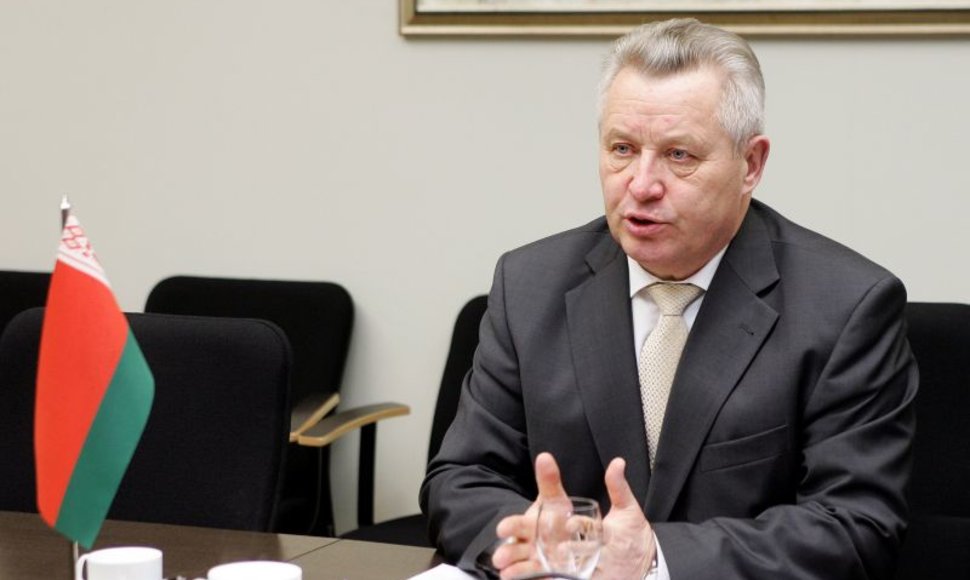"We have certain questions. I will be able to answer them as soon as we and the new government, the new line-up of the Foreign Ministry sit down and specify some details in connection to the materials about the handover of the agreement on facilitated travel regime. This will take some time," Drazhin told a news conference in Vilnius on Tuesday.
In June, the Belarusian diplomat told the Lithuanian media that the Minsk side expected the scheme to be finalized within the coming months. He had earlier noted that Belarus had doubts about the facilitated movement regime with Lithuania having joined the European Union's (EU) sanctions for the regime of Belarus' hard-line President Alexander Lukashenko.
In the end of February, Lithuania's Foreign Ministry sent an official note to Belarus to notify that Lithuania was ready for a facilitated border-crossing scheme. For the system to take effect, a coresponding step on the Belarusian side is needed. The treaty has been ratified in both national parliaments.
The Lithuanian-Belarusian agreement allows residents of the border region to cross the mutual border without a visa and with special permits for local transport for a period of up to 90 days per six months.
Local travel permits would be issued to permanent residents of border territories proving reasonable economic, trade, cultural or other important reasons for traveling to the other country's border territory.
The permits would be issued for one to five years for 20 euros apiece. They will not allow working in the neighboring country and will not prevent border residents from applying for visas to travel beyond the border zone or to Schengen countries, should the person arrive in Lithuania.
Around 800,000 Lithuanian and 600,000 Belarusian citizens can be eligible for the permits.
Pursuant to the EU acquis, a local travel regime can be applied to a strip of 30-50 kilometers on both sides of the border.












